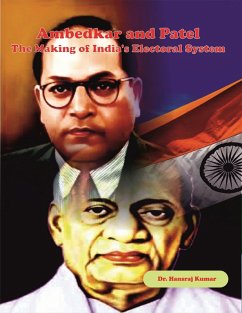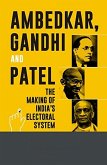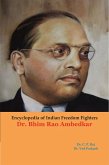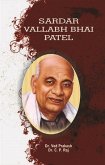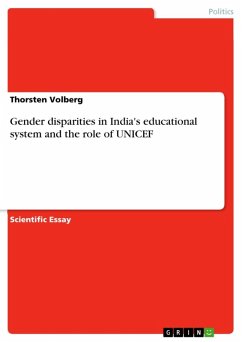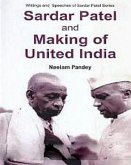Bhimrao Ramji Ambedkar (14 April 1891 - 6 December 1956), also known as Ba-basaheb, was an Indian jurist, political leader, Buddhist activist, philosopher, thinker, anthropologist, historian, orator, prolific writer, economist, scholar, editor, revolutionary and a revivalist for Buddhism in India. He was also the chief architect of the Indian Constitution. Born into a poor Mahar, then Untouchable, family, Ambedkar spent his whole life fighting against social discrimination, the system of Chaturvarna - the categorization of Hindu society into four varnas - and the Hindu caste system. He is also credited with providing a spark for the conversion of hundreds of thousands of Dalits with his Ambedkar (ite) Buddhism. Ambedkar has been honoured with the Bharat Ratna, India's highest civilian award. Sardar Vallabhbhai Patel (31 October 1875-15 December 1950) was a political and social leader of India who played a major role in the country's struggle for independence and guided its integration into a united, independent nation. In India and across the world, he was often addressed as Sardar which means Chief in many languages of India. Vallabhbhai Patel, the 'Iron Man of India', was born in Nandiad, Gujarat, to Ladbai and Jhaverbhai Patel. He was one of their six children, five boys and a girl. There is no record of his date of birth. The generally accepted date, 31 October 1875, is taken from his matriculation certificate. It was an agriculturist family in which Vallabh was born and not a well-to-do one. His childhood was spent working on the family's ten acre farm at Karamsad, just like any other farmer's son, away from books. His education was thus erratic, though he was sent to the middle school at Karamsad from where he passed in his late teens
Dieser Download kann aus rechtlichen Gründen nur mit Rechnungsadresse in A, B, BG, CY, CZ, D, DK, EW, E, FIN, F, GR, HR, H, IRL, I, LT, L, LR, M, NL, PL, P, R, S, SLO, SK ausgeliefert werden.

